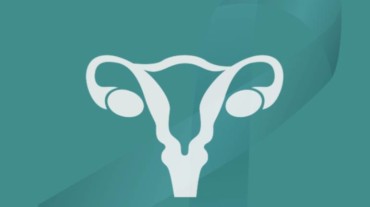
Ovarian cancer, which arises in the ovaries, is the third most prevalent type of cancer in Indian women. Ovarian cancer often goes undetected until it has reached the pelvis and abdomen. This makes it difficult to detect cancer and start treatment. Major misconceptions, anxiety, and confusion regarding ovarian cancer are typically brought on by a lack of knowledge. If you want to be able to recognize the situation early, then you should be aware of these myths about ovarian cancer. Early detection is crucial, as it can increase survival rates.
Fact: Anyone, regardless of age, can develop this malignancy. Now, even younger women in the 30 to 40 age range could contract it.
Fact: The best test for identifying ovarian cancer is not a Pap smear. Not all gynecological cancers may be detected by pap smears; only cervical cancer can. You’ll be surprised to learn that there is currently no test available to identify ovarian cancer in its early stages. The majority of female patients are identified when the disease has progressed to surrounding tissues and organs.

Fact: Women typically experience a few early-stage cancer symptoms. It’s possible for menstruation issues or even stomach trouble to go undiagnosed. Bloating, abrupt changes in bowel or urination habits, pelvic or abdominal pain or pressure, pain during sex, rapid weight loss for no apparent reason, and indigestion are all signs that should not be disregarded. Get yourself checked for ovarian cancer, as these signs can be alarming.
Also read: Ovarian cancer 101: Here’s why early detection makes all the difference
Fact: Some women simply give up after learning they have ovarian cancer because they become too overwhelmed. However, keep in mind that this cancer may be treated even when it is advanced, and after that, women can lead healthy lives. Don’t give up, and get help as soon as possible.
Fact: There is a difference between ovarian cysts and ovarian cancer. Ovarian cysts are normal and can be treated with medical intervention. Every month, the majority of ovulating women develop cysts, which are tiny sacs filled with fluid in the ovaries. These are benign and are referred to as “functioning cysts.” They usually disappear on their own. Around the ovaries, several benign cysts can also develop and frequently disappear on their own. On the other hand, ovarian cancer forms on the cells’ external surfaces. Additionally, it may manifest in the fallopian tubes, estrogen- and progesterone-producing cells, or egg-forming cells.

Fact: Annual health checks are not enough. Consult your doctor if there are unusual symptoms.
Fact: Among women from four prospective cohort studies, there was not a statistically significant association between the use of powder in the genital area and ovarian cancer, but the findings didn’t exclude the possibility of a “slight increase in danger” from using talcum powder.
Select Topics of your interest and let us customize your feed.
PERSONALISE NOW